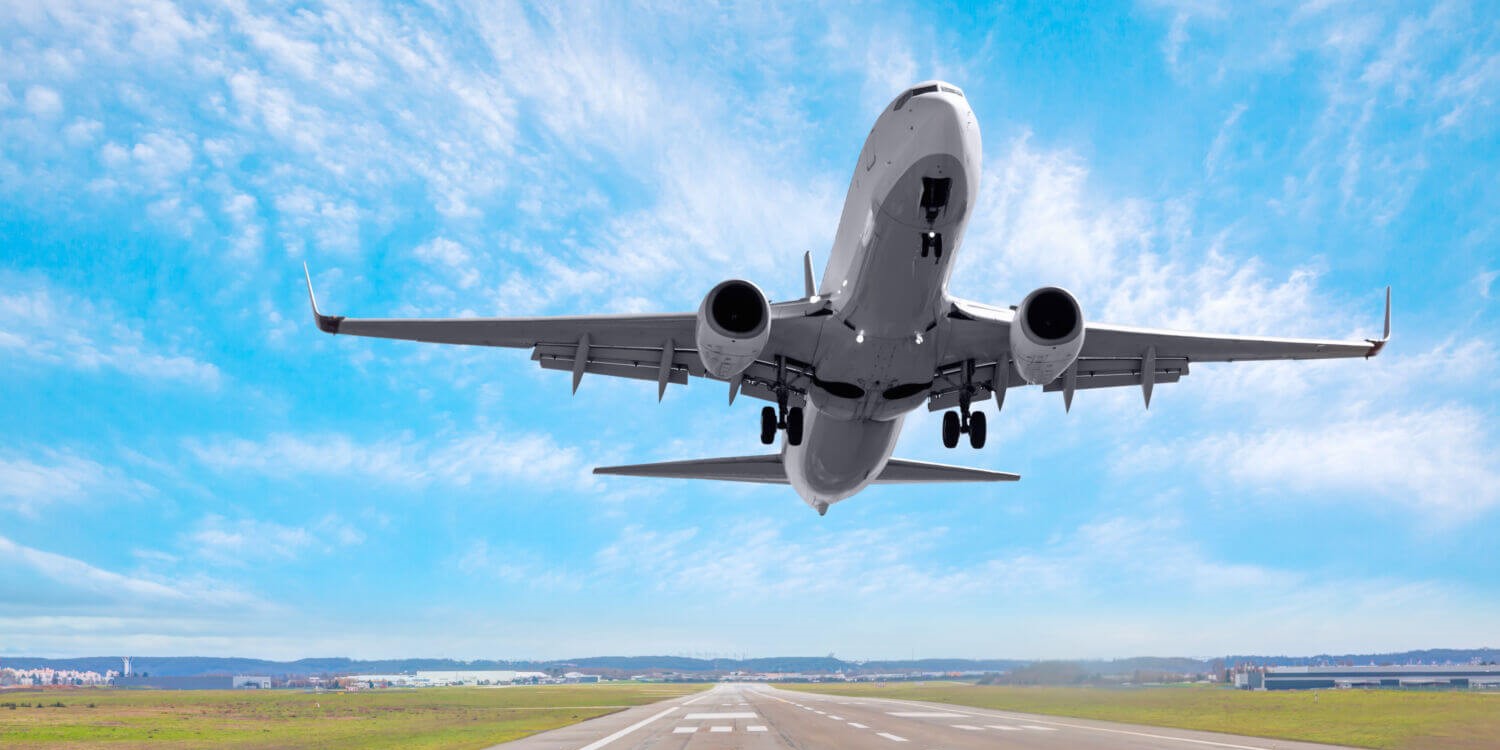African airlines are plagued by a range of expenses including high operational costs, large statutory charges, unstable and soft home currencies, delays in receiving new aircraft and rising jet fuel prices. These costs, along with the lack of affordable available finance (due to the small size of the market) mean that growth for the industry on the continent is stunted.
“African airlines have a relatively high operational cost base, but Africa has limited disposable income and thus there is low propensity to spend on air travel,” says Joachim Vermooten, University of Johannesburg Aviation Economist and Researcher. He was echoing the concern expressed by IATA in its Airline Profitability Outlook for 2024.
Operational costs
“Africa has a rapidly growing population and only accounts for about 2% of the global aviation market,” explains Linden Birns, MD of PR consultancy Plane Talking.
“However, it also has low per capita income across the continent, combined with rising costs, including jet fuel, labour costs and more.”
According to IATA’s Airline Profitability Outlook for 2024, jet fuel is expected to average US$113,8/barrel (R2 070) in 2024, translating into a global fuel bill of US$291 billion (R5,3 trillion), accounting for 31% of all operating costs.
Additionally, airlines’ global employment is expected to reach 3,07 million which exceeds the 2,93 million employed in 2019, and so the overall cost of labour is expected to grow 7,6% to US$214 billion (R3,9 trillion) in 2024.
Birns explains that statutory charges for the use of airports, airspace navigation service providers and weather service providers, fees by aviation safety regulators and tourism bodies, and the EU’s latest range of carbon taxes, further impede African airlines.
“Most of these fixed costs are incurred in US dollars, pounds or euros, but for African airlines, most revenue is generated in softer local currencies. This widens the gap between revenue and costs,” says Birns.
In AFRAA’s 2022 published feature entitled ‘The burning questions on aircraft financing in Africa’, Boeing says there are a number of hurdles to be addressed when financing aviation assets in sub-Saharan Africa, including post-pandemic recovery, finance costs, finance availability and appetite among financiers. Henok Teferra Shawl, MD for Africa at Boeing, told Travel News on June 17 that the aircraft producer still saw as critical the issue of aircraft financing for African carriers.
Some aviation experts believe that Africa’s demand for air travel is grossly overestimated.
While Africa’s population is large, with pockets of wealth, its continental GDP remains low, calling into question the general affordability of air travel and the demand for it, says Birns.
“The key driver for me that brings about the requirement for air travel in the first instance is affordability. Air access and the supply of air access has to follow the market. It’s not the other way around,” Rodger Foster, CEO and MD of Airlink, explained during a recent panel discussion at Aviadev in Windhoek, (Aviadev is an African aviation conference).
IATA has recorded over 400 airlines across the continent, says Foster, adding that when the size of the sub-Saharan market is compared with the sheer number of air travel providers, it is unsustainable.
“I think we’ve got far too many competing airlines and if we are ever going to develop an industry premised on viability and on economies and efficiencies of scale, there needs to be rationalisation, consolidation and collaboration,” says Foster.
Challenges
According to Birns, financing is also hindered by inflation and high interest rates that impact the cost of finance and loans, as well as high insurance premiums because of risk profile.
In the AFRAA publication mentioned above, Boeing says most financiers take into account a number of factors when choosing investments, and African airlines can project a high-risk profile.
Perceived risk can be managed to a greater degree with thorough preparation and providing comprehensive information to financiers, recommends Boeing.

